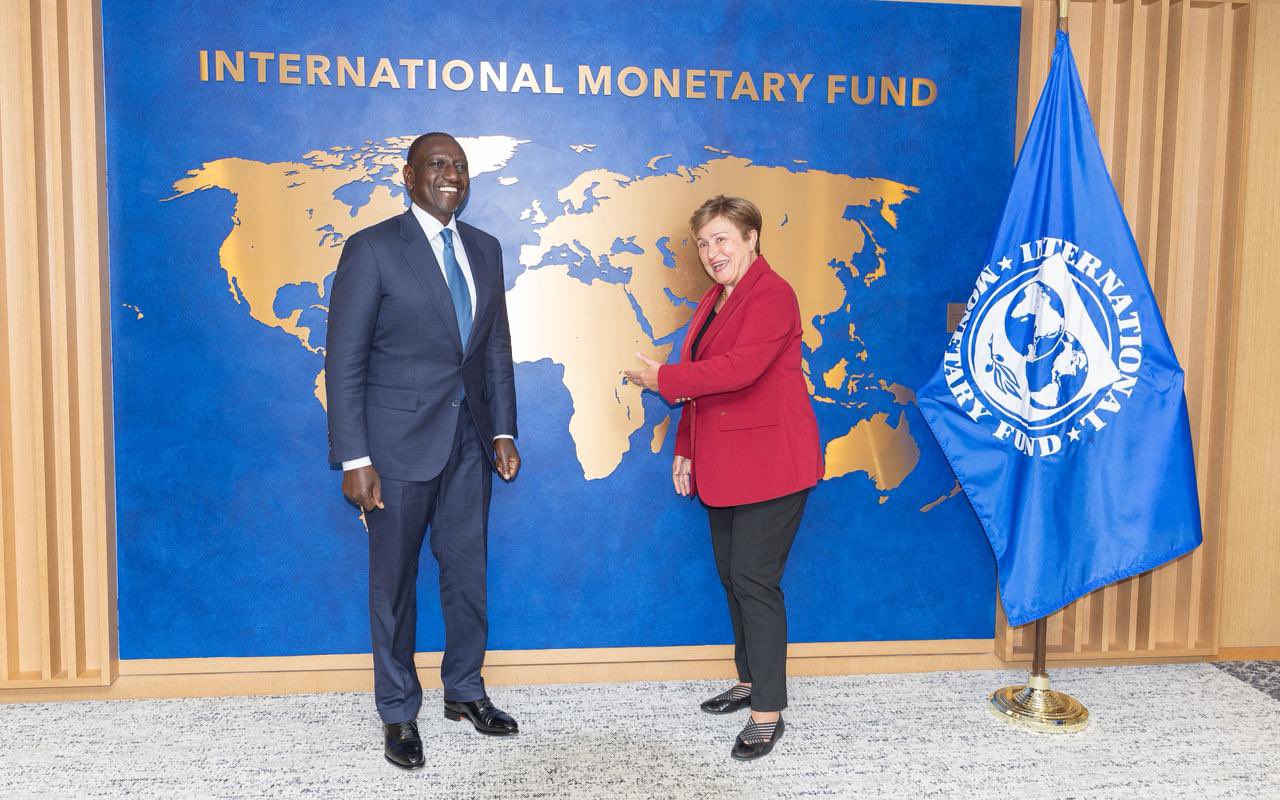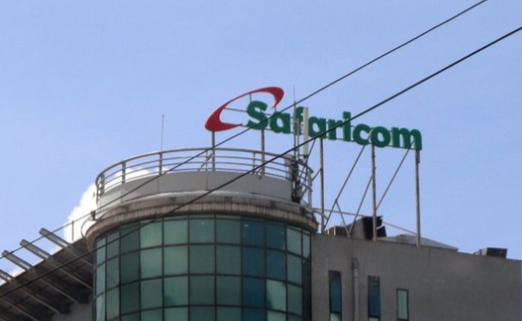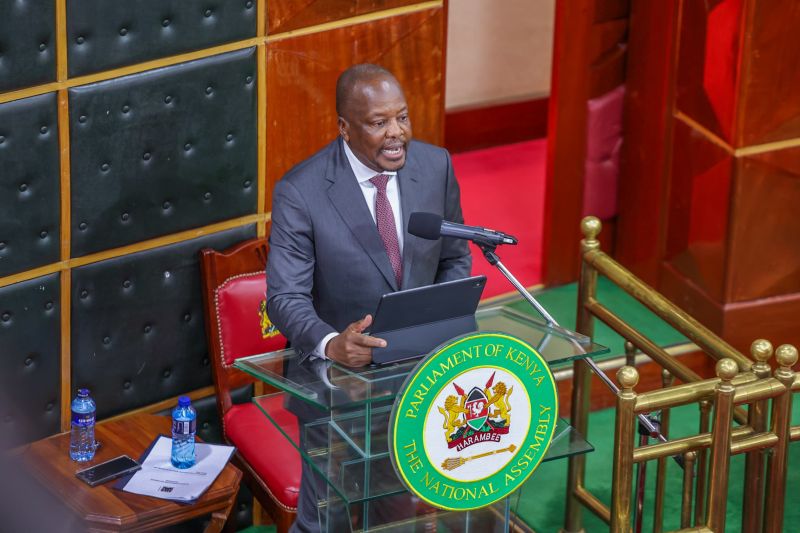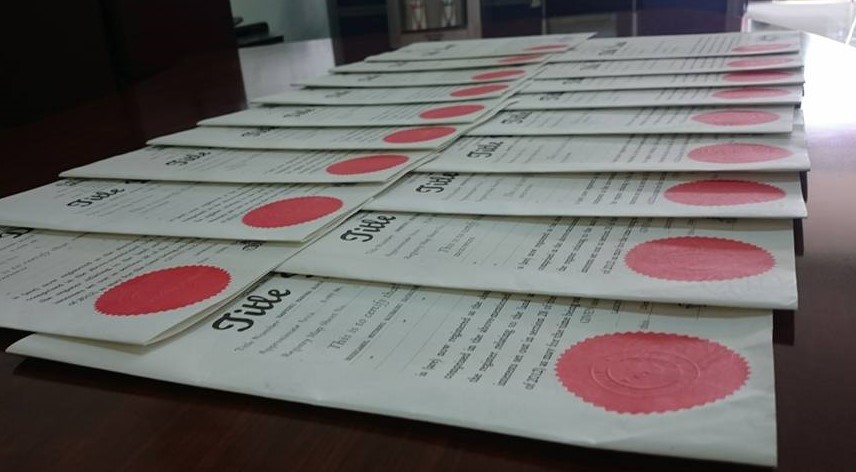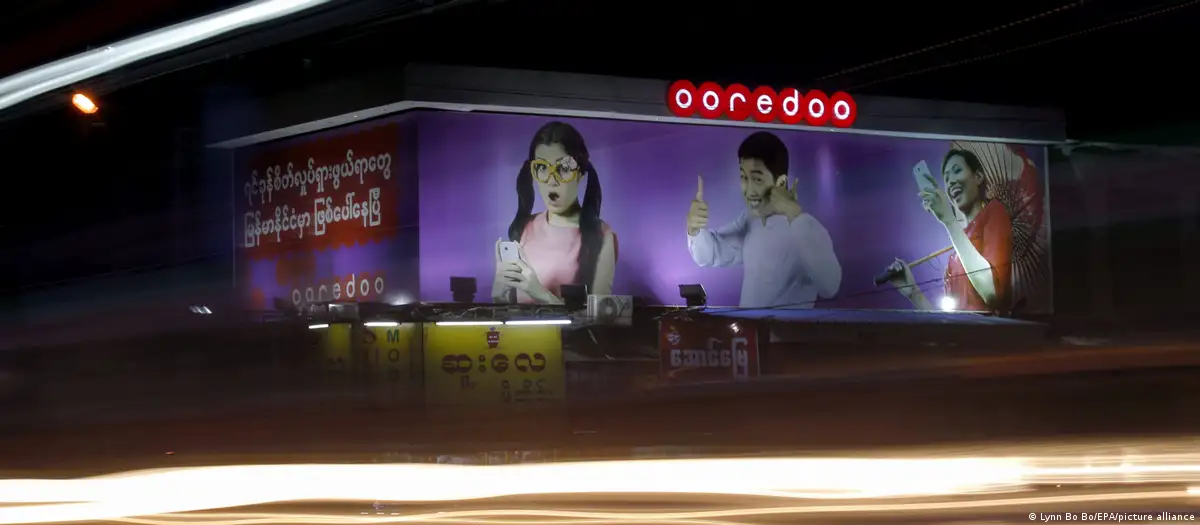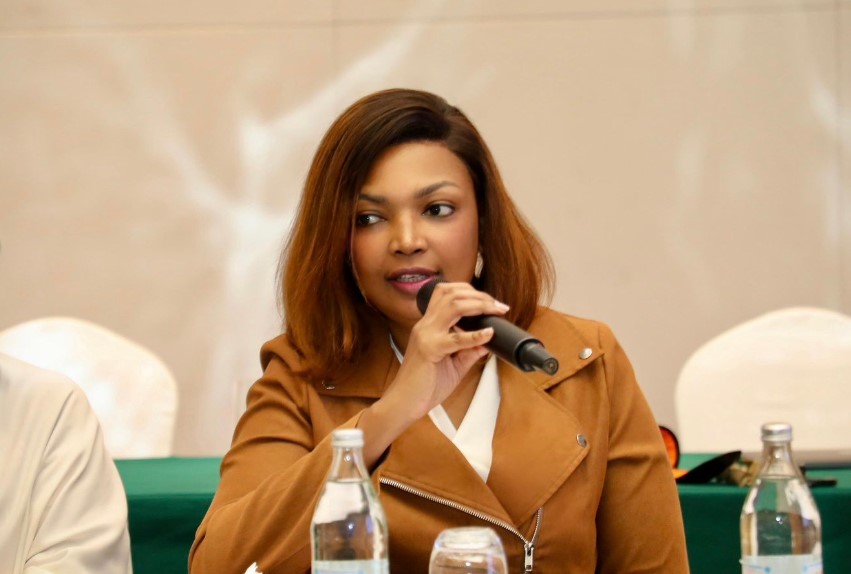Governors push for Ruto meeting over Sh78 billion delayed funds, UHC staff transfer
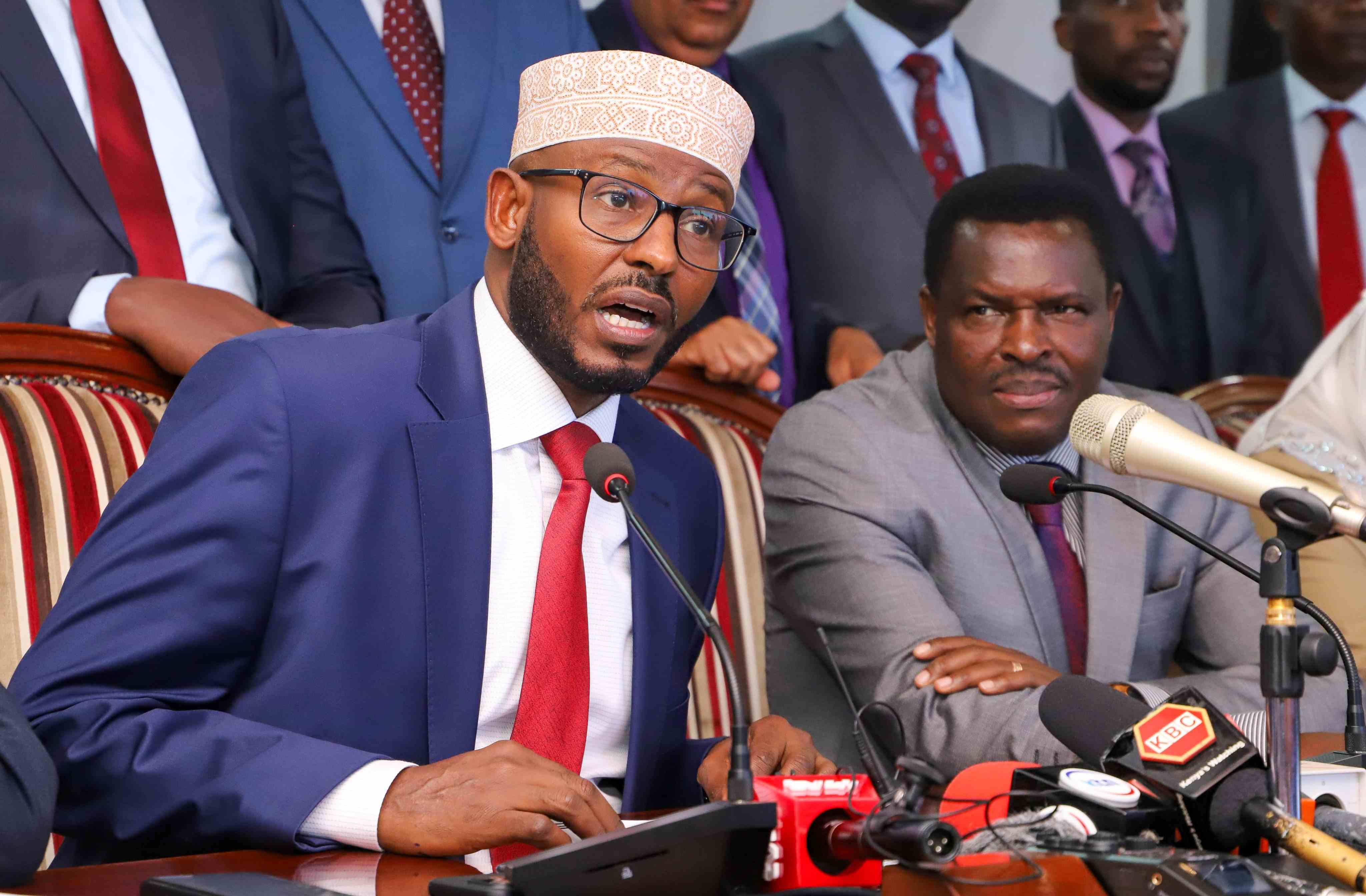
In addition, payments totalling Sh78.94 billion covering March to May are still delayed.
Counties are grappling with serious funding challenges after the National Treasury allocated only Sh405 billion out of the Sh536 billion they requested for the 2025-26 financial year.
In addition, payments totalling Sh78.94 billion covering March to May are still delayed.
More To Read
- Governors sound alarm as 934 newborns die amid funding row in health sector
- Counties decry handling of hospitals under SHA, accuse Health Ministry of overreach
- Tharaka Nithi Governor Muthomi Njuki named new CoG Vice Chair replacing Mutahi Kahiga
- Parliament strikes deal to release Sh70.6 billion additional funds to counties after prolonged standoff
- Unequal infrastructure slows county development, new index shows
- Senate probe uncovers unpaid loans by ex-governors, county officials
These persistent shortfalls have pushed the Council of Governors (CoG) to seek an urgent meeting with President William Ruto to address funding delays and the controversial plan to transfer Universal Health Coverage (UHC) staff to counties without guaranteed resources.
After a five-hour council meeting, governors expressed deep concern over the financial strain affecting county operations.
Wajir Governor and CoG chairperson Ahmed Abdullahi highlighted that 11 counties alone are owed Sh7.19 billion for March, while the entire 47 counties are collectively owed Sh34.78 billion and Sh32.93 billion for April and May, respectively.
“Additionally, over a week has passed since the signing of the County Government's Additional Allocations Act, 2025, but funds are yet to be disbursed,” he said.
The funding delays come at a critical time when the national government plans to transfer the payroll of UHC staff to counties starting July 1, 2025.
Health Cabinet Secretary Aden Duale announced the move, citing a lack of national funds to absorb the staff permanently.
Premature
However, governors argue the plan is premature, as the staff’s contracts with the national government end next year and the counties have not been allocated sufficient money to cover their salaries and gratuity.
Ahmed accused the national government of pushing counties into a difficult position without the necessary financial backing.
“The national government continues to disrespect constitutional provisions with respect to the implementation of policies that they want undertaken by the counties,” he said.
The constitution, he explained, allows the national government to provide conditional grants during emergencies like Covid-19, which should have included funding counties to employ health workers rather than employing them directly.
The UHC staff have been protesting at the Ministry of Health and Parliament, demanding permanent and pensionable employment or payment of gratuity for their six years of service. Governors warn that counties absorbing these workers without additional funding would be financially unsustainable.
“What we are seeing here is, the CS (Duale) is trying to transfer his problem to us because if the UHCs that are at work are not funded in perpetuity, the moment the contract ends, they will start demanding that counties absorb them. All we are saying is, where is the money to absorb them?” Ahmed posed.
CoG’s Health Committee chairperson, Muthomi Njuki, added that the transfer should be paused until the Ministry of Health addresses the staff’s concerns fully.
“Our position is to let the ministry keep the payroll as long as it does not provide the prerequisite resources in the equitable share to be able to pay for these staff onward,” he said.
Besides funding and staffing issues, governors criticised the national government’s recent donation of surveillance vehicles, saying this undermines county powers.
They pointed out that procurement of vehicles is a county responsibility and raised concerns over insuring vehicles owned by the national government but operated in counties.
“Insurance companies pay the owner, in this case, the national government, it becomes almost impossible to insure a vehicle that is under the national government because it’s not our vehicle,” Njuki noted.
Top Stories Today
